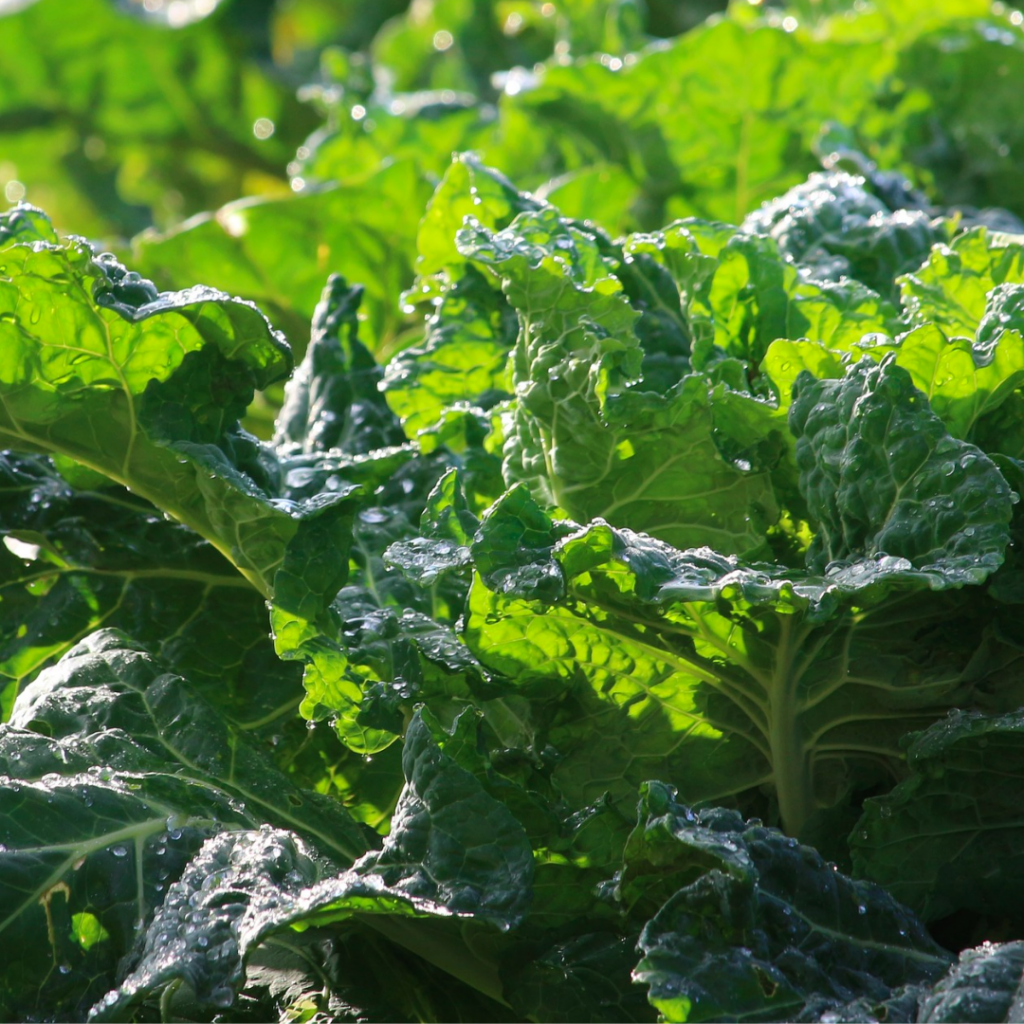Menopause causes a drop in the female hormones oestrogen and progesterone, as well as a drop in the male hormone testosterone, produced by the ovaries. These hormones affect not just the reproductive organs but many of the organs of the body including the brain, heart, skin and arteries, and critically also bone density.
The impact of menopause is typically greater in the West, where the diet tends to be richer in protein and poorer in plant oestrogens.
What should you reduce?
Caffeine and sugar (in all forms including alcohol) encourage hot flushes – minimise or avoid intake, and eat regularly to keep your blood sugar at a constant level. In addition, whether from coffee, tea, or soft drinks, caffeine is a weak diuretic that causes calcium loss via the kidneys and contributes to osteoporosis – thinning of the bone tissue.
Animal proteins (meat, eggs and dairy) and processed foods are acid forming and can encourage calcium loss from the bones into the blood to neutralise the acid, which can lead to osteoporosis. One study showed that when research subjects eliminated meat, cheese, and eggs from their diets, urinary calcium losses were reduced by half.
Salt (sodium) increases calcium losses via the kidneys. For postmenopausal women, decreasing sodium intake from the U.S. average (3.4 grams per day) to a low sodium diet (< 2 grams per day) has been shown to improve skeletal health. Processed foods, dairy products, and meat tend to drive up the amount of sodium in the diet. Substitute salt with other more beneficial flavourings, such as garlic or onion powder, or fresh herbs and spices.
Cigarette smoking accelerates the depletion of oestrogen, and long-term smokers have 10% weaker bones and a 40% higher risk of fracture. Even secondhand smoke in the home can negatively affect bone density.
What else should you look out for?
Check that you do not have an underlying candida (yeast) or other infection, a newly emerged food intolerance, or disrupted thyroid function – hypothyroidism (underactive thyroid) is common in menopausal women.
And what should you increase?

Greens and beans, lentils and other legumes are the most healthful calcium sources – and the calcium in most green leafy vegetables is more absorbable than the calcium in milk. Only about 30% of the calcium in dairy products is absorbed – the remaining 70% is simply excreted. Amaranth, seaweed and watercress are also rich in calcium.
Natural plant oestrogen mimics (phytoestrols) such as alfalfa, anise, black cohosh, celery, dong quai, fennel, ginseng, hops, liquorice, raspberry, red clover, rhubarb, sage and wild yam, and fermented soy products like miso and tofu, have been shown to relieve some of the discomforts of menopause.
Nutritional supplements including Vitamins B (general support), C (for hot flushes), D (regulates calcium for bones) and E (for hot flushes), calcium (as above), copper (for bone collagen and to balance zinc), iodine (to support the thyroid), magnesium (for bone mineralization) and selenium (general support), zinc (for bone formation and to aid vitamin D absorption), and essential fatty acids (for hot flushes).
Stress management can greatly improve mood and balance, so it is important to try to eliminate as much stress as possible from your life. Proactively manage your stress levels by reserving downtime for walking in nature, practicing breathing and relaxation techniques and yoga, reading or listening to music. You can also consider creative and expressive activities such as painting or drawing, writing, drama, singing, playing a musical instrument, or dancing.
Regular exercise can help reduce hot flushes. Bones that are underused lose their strength, and low physical activity is a risk factor for osteoporotic bone fractures: the British Medical Journal estimated that regular exercise reduces the risk of hip fracture by 50%. For optimal bone health, adults should aim for at least 30 minutes of physical activity most days, preferably daily, and include weight-bearing exercise (such as walking and running) and strength-training exercises.
More water can help prevent drying of the skin and mucous membranes as well as promoting overall health. Aim for 2 litres per day.
If you would like to know more about how to decrease the impact of menopause call into Healthright for advice, or consult a specialist nutritional therapist registered with BANT (the British Association of Nutritional Therapists), or a qualified medical herbalist.
